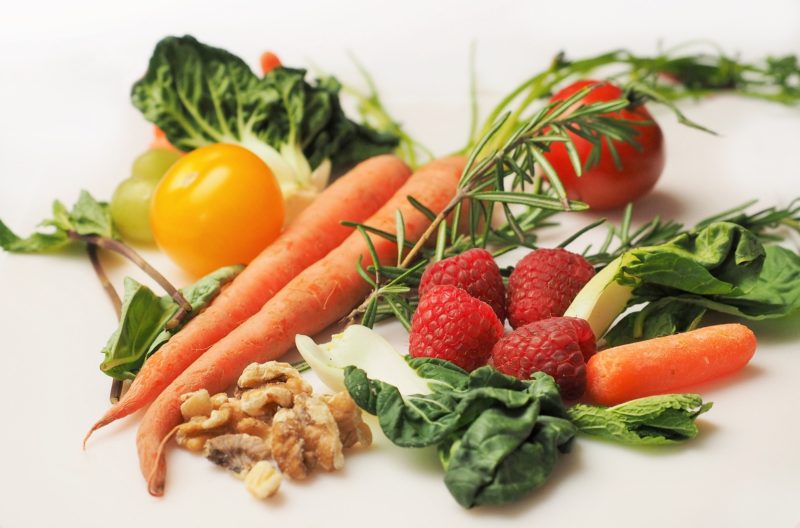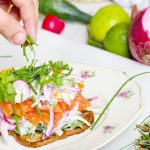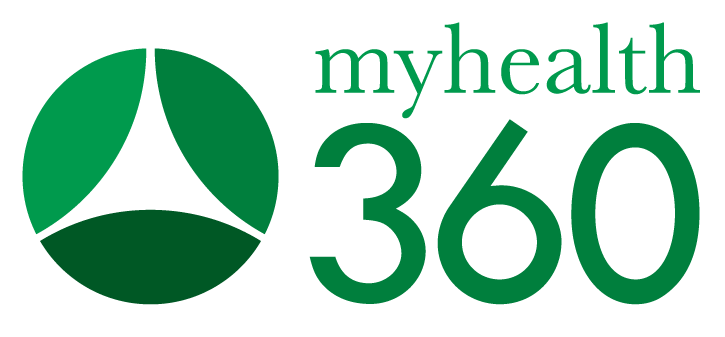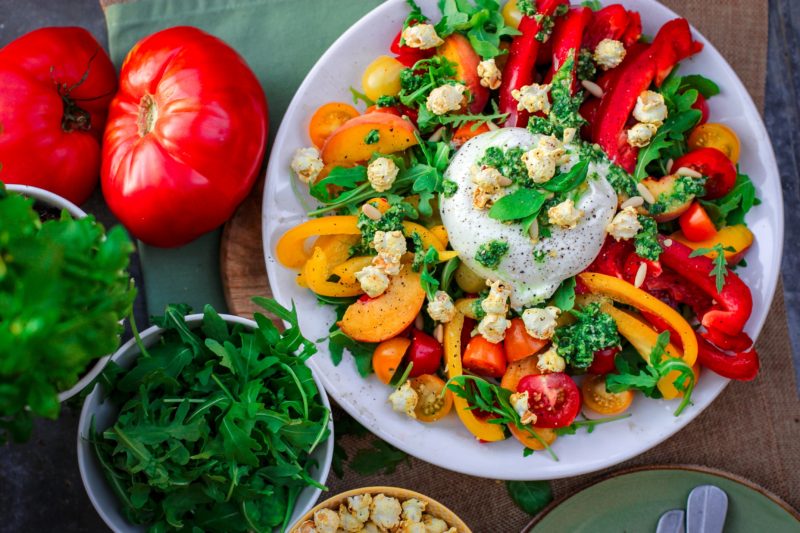
How to Maximize your Diet
How to Maximize your Diet
Abby S asks: I read a lot of conflicting information regarding nutritional advice. What are the best foods to eat and the ones to avoid and why?
Food is our sustenance. It is beautiful and provides a source of comfort and social connection. Therefore, we must enjoy nourishing ourselves, but with food that truly does nourish us properly. Food is information that directs our gut flora that directs our genes to express wellness or disease.
Changing one’s food plan is a process which is most successfully conducted over time. This increases adherence. We need to “bring in the good” and crowd out the … “less good.”
Minimize
Some foods to minimize include those that are pro-inflammatory. These include sugar (The four Cs: Cookies, Candy, Cake, and iced Cream) – there’s a lot of mercury in high-fructose corn syrup, starch (that’s turned to sugar), including bread, pasta, corn, potatoes, pancakes, waffles, etc; fried, blackened and barbecued crispy/crunchy foods that are oxidizing; and animal fats (that are high in Omega-6 fatty acids) like red meat, cheese, and dairy. Peanuts are also high in Omega-6 fatty acids and cause inflammation.
Too much processed soy and white rice can also be problematic because of heavy metal toxicity (sorry folks). Many fishes have too much mercury (search sustainable catch information to avoid predatory fish). Animals are bio-concentrators of pollution, stored in their fat – therefore, organic animal products should be sought, cutting away all the fat and skin before cooking.
Soda and bacon are unfit for human consumption – they have no nutritional value and are full of chemicals. The only artificial sweetener that is acceptable is stevia, from a plant. Cholesterol is no longer the enemy – it is simple carbohydrates.
Maximize
Unprocessed whole foods are the best. Eat your rainbow. Seek out vegetables and non-tropical fruits (see Dirty Dozen/Clean 15). Frozen vegetables and fruits keep longer and reduce food waste. Fats like avocadoes, small portions of nuts and seeds (and their milks) (walnuts, almonds, cashews, macadamias, pecans, brazil, hazel, pumpkin, chia, quinoa), and lots of extra virgin olive oil or coconut oil are great.
Excellent sources of protein include: organic eggs, small amounts of beans (adzuki, lentil, garbanzo, etc.), preferably organic light meat chicken or turkey (no skin), quinoa, and amaranth (grain), fish (see sustainable consumer’s guide – shrimp, scallops, Pacific or Alaskan salmon are good choices).
If you love rice, eat the dark kinds (red, wild, black, and brown). Very low sugar dark chocolate is very healthy – have at it!
A must: Stop drinking soda and get a pitcher with a screw-on top – get green or black tea, throw the tea bags into the cool water, put on the top, shake, and put it in the fridge to brew – shake again, wring out the bags, add stevia, and carry it everywhere in stainless steel bottles. It’s inexpensive and amazing for you.
I hear you lament, there is so much “bad stuff” to love … how do I give it up? Being extremely strict with a food plan is unrealistic. If you give something up cold turkey, you feel guilty and deprived … and that’s when you “cheat” recklessly, making it difficult to stick to a plan. Enjoy those “forbidden” foods in very small portions infrequently, but mostly stick to the good stuff. Eat before you go shopping and make a shopping list at home – only buying what’s on the list. Use smaller plates, eat more slowly – being grateful for each bite, and chewing it a lot before swallowing. Allow your brain’s satiety center to catch up with your fast moving mouth!
Dr. Schwartz practices physical, pain, and integrative medicine in Wyndmoor. He is board certified in these specialty fields. He trained at Columbia University, the University of Pennsylvania, and Thomas Jefferson University. For more, see www.MyHealth360.org










